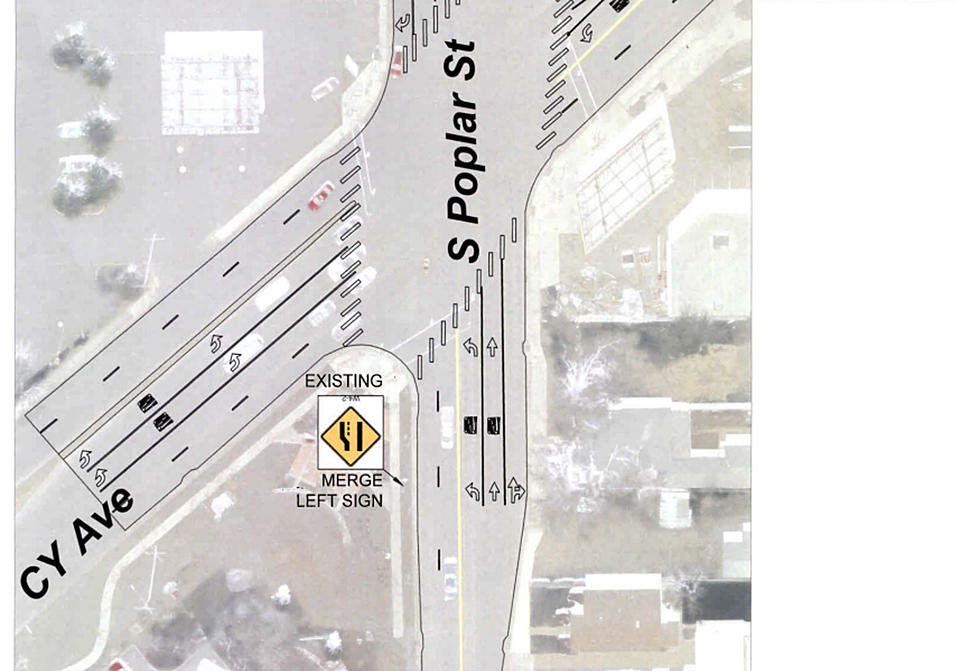Casper Police Chief Wants More Research About Body Cameras [VIDEO]
If officers wore body cameras, they could use that technology to clear themselves from frivolous lawsuits, Casper Police Chief Jim Wetzel said Tuesday.
One the other hand, if officers wore them they could second-guess themselves in potentially deadly situations, Wetzel told Casper City Council during a work session.
Regardless, the police department wants a lot more research and a few changes in the law before implementing them, he said
The department has been looking at the relatively new technology, but their advocacy has been the result of two often conflicting motives: assist law enforcement in collecting evidence, training, and documenting interactions with the public; and to police the police.
Those motives range from those who believe police will abuse their authority to those who believe policing is difficult, Wetzel said.
The simplest interaction would be between the officer and the citizen, he said.
Body worn camera use involves more people and more complex situations than that, he said. "You have victims of a crime, the suspects, the witnesses, any bystanders that are just walking by, there are interested bystanders (wondering) 'what's going on' who can be a witness, whether or not they're just an interested bystander."
Other stakeholders are the prosecutors, and the families of the victims, suspects and officers," Wetzel said. "There's a lot of data being captured on a body-worn camera."
Civil libertarians and the media also are interested, he said.
While many law enforcement agencies have put body-worn cameras into practice, Wetzel wants Casper to be careful, especially when it comes privacy for the officers and other stakeholders.
So before Casper does anything, the Wyoming Public Records law needs to be amended, he said. The camera, unlike a police affidavit for example, will include far more information that just that of the officer, the suspect, the victim and the witnesses.
Then there's the cost.
The hardware for the system from the manufacturer of the car-mounted cameras used by the Casper Police Department would cost between $180,000 and $200,000. That does not include maintenance -- the car-mounted cameras used by the department have had problems of their own recently -- and the upgrades to technology. Nor does it include the time for training, time diverted from policing, and processing Freedom of Information Act requests, Wetzel said.
That also, going back to the privacy issues, does not include the archiving and editing of the camera recordings. Unedited recordings could show innocent bystanders who may become victims, witnesses who also may become victims, and children, he said.
Editing the recordings, of course, could lead to conspiracy theories about what the police may be hiding, he added.
Many of those issues are being argued in the courts, Wetzel said.
"I think it's prudent to wait and see where some of these thing lead," he said.
More From My Country 95.5









